
Overview of Judicial Review in Criminal Proceedings Judicial Review refers to the power vested in courts to assess the validity, legality, and constitutionality of acts carried out by legislative or executive branches of government, including those related to criminal proceedings. The principle of judicial review ensures that justice is administered fairly and in accordance with … Continue reading Analyze the scope and limitations of judicial review in the context of quashing criminal proceedings under the CrPC.

Understanding Technical Financial Instruments Technical financial instruments are complex forms of investment that often involve intricate legal structures and financial mechanisms. These instruments are typically used to mitigate risk, enhance returns, or achieve investment objectives that might not be possible through more traditional investment products. Examples include derivatives such as options, futures, swaps, and various … Continue reading What are the challenges faced by courts in quashing proceedings involving complex financial or commercial transactions?

The Conceptual Framework of Justice in Quashing Proceedings The conceptual framework of justice in quashing proceedings is rooted in the legal principles of fairness, legality, and the right to a fair trial. Quashing proceedings are typically understood as a legal remedy to prevent abuse of process or to rectify miscarriages of justice. These proceedings are … Continue reading How does the principle of “justice to the accused and the complainant” play out in quashing proceedings?

Analyzing the Legal Framework Governing FIR Quashing Quashing a First Information Report (FIR) in the legal context refers to the nullification or cancellation of the FIR by a competent court. The legal framework governing the process of quashing FIRs is intricate, primarily drawing authority from the Criminal Procedure Code (CrPC), which provides explicit provisions on … Continue reading Discuss the judicial approach to quashing FIRs based on ambiguous or vague allegations.
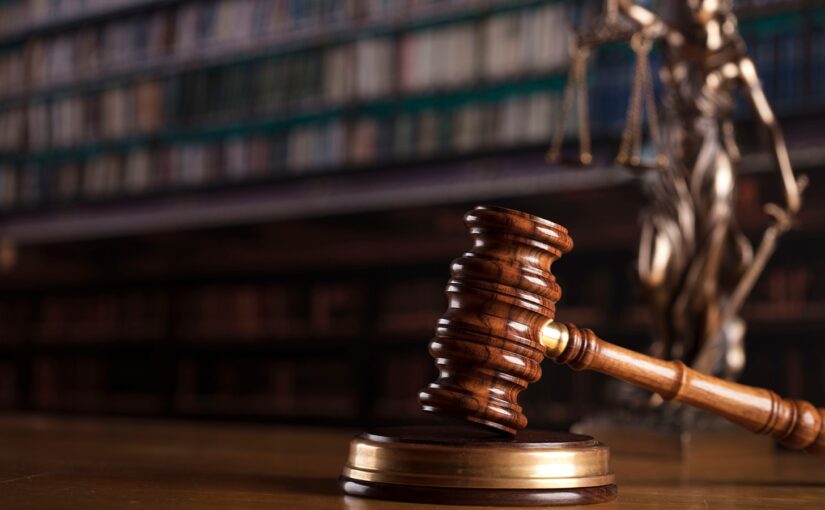
Theoretical Foundations of Deterrence in Criminal Law Deterrence is a critical concept in criminal law, based on the theory that the threat of punishment can inhibit individuals from committing crimes. The theoretical foundations of deterrence in criminal law are established on two primary principles: Specific deterrence aims to discourage a particular individual from reoffending by … Continue reading What are the implications of quashing criminal proceedings on the principles of deterrence in criminal law?

The Nature and Scope of Forensic and Digital Evidence in Legal Proceedings In legal proceedings, forensic and digital evidence have become critical components in the establishment of criminal and civil case facts. The nature of this evidence covers a broad spectrum: Data from electronic devices such as computers, smartphones, tablets, and other digital storage media … Continue reading Evaluate the role of forensic and digital evidence in influencing decisions on quashing proceedings.
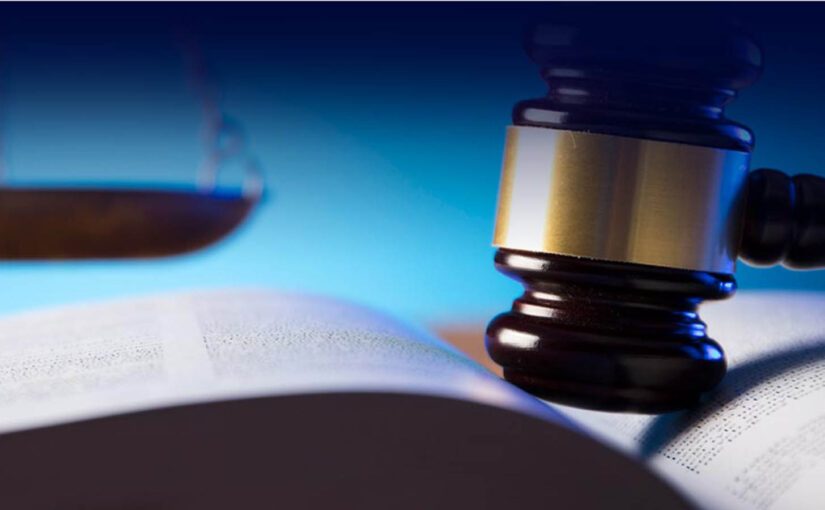
Defining Legitimate Expectation in Legal Proceedings Legitimate expectation is a principle within administrative law that enables individuals to have an assurance or expectation of a particular treatment based on the past actions, practices, or policies of a public authority. This principle has evolved to ensure fairness in administrative decision-making and to safeguard individuals from arbitrary … Continue reading Discuss the concept of “legitimate expectation” in the context of seeking quashing of criminal proceedings.

Legal Framework for Assessing Compromise Agreements Compromise agreements, often referred to as settlement agreements, are legally binding contracts that can be used to end an employment relationship on agreed terms. They are frequently utilized to resolve disputes without proceeding to tribunal or court. The legal framework governing these agreements ensures that all parties are protected … Continue reading How do courts determine the authenticity and voluntariness of compromises in quashing petitions related to personal disputes?

Psychological Impact of Quashing Criminal Proceedings on Victims Victims of crime who see criminal proceedings against their perpetrator quashed can experience a range of negative psychological effects. The anticipation of justice being served can be a crucial part of a victim’s recovery, and having this process halted abruptly may lead to a sense of injustice … Continue reading Examine the effect of quashing criminal proceedings on victims and witnesses.
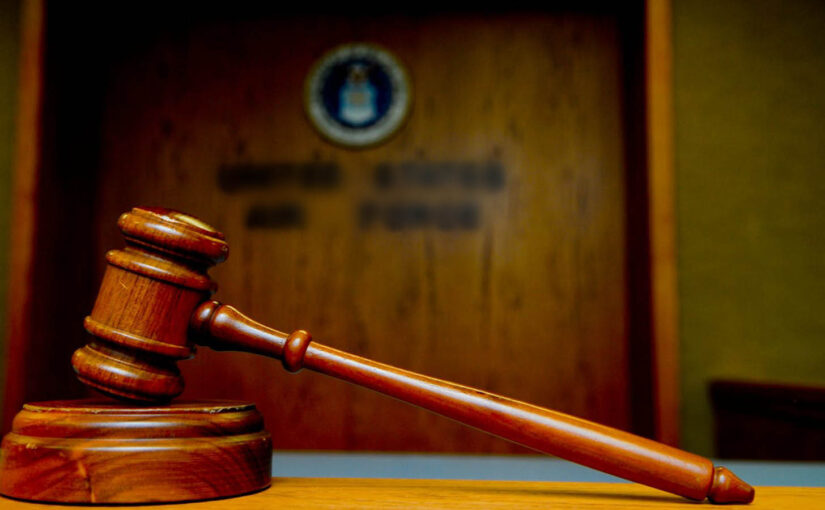
The Role of Supreme Court Precedents in High Court Rulings The Supreme Court of a country often holds the position of the highest judicial body, and its rulings bear considerable weight in the interpretation and application of the law. When the Supreme Court arrives at a decision, it sets a legal precedent that all lower … Continue reading In what way does the Supreme Court’s guidance influence High Courts’ decisions on quashing proceedings?

The Public Interest Doctrine in Legal Proceedings The public interest doctrine plays a crucial role in legal proceedings, as it serves to ensure that the law is not solely about the letter, but also the spirit of justice as it relates to society as a whole. Central to this doctrine is the idea that certain … Continue reading Analyze the legal rationale behind not quashing proceedings in cases with a high societal impact, such as corruption and fraud.

Analyzing the Impact of Timing on Quashing Proceedings The timing of filing a quash petition can significantly affect its success or failure. Timing influences the court’s readiness to grant a quash and the strategic advantages it may bestow on the petitioner. The considerations surrounding the timing of quash petitions include a spherical array of procedural … Continue reading Discuss the significance of the timing of a quash petition in the overall outcome of quashing proceedings.

Legal Framework for Quashing Petitions Involving Absconding Accused In many jurisdictions, the legal framework allows courts to quash, or dismiss, charges against an accused individual under certain circumstances. When an accused person absconds and becomes untraceable, it poses a significant legal challenge. Laws typically stipulate that before any substantive proceedings, the accused must be present … Continue reading How do courts handle petitions for quashing in cases where the accused is absconding or non-cooperative?

Understanding the Principle of Proportionality in Criminal Law The principle of proportionality in criminal law is a fundamental concept that ensures fairness and justice in the imposition of sentences. It acts as a guideline, ensuring that the punishment administered is commensurate with the severity of the crime committed. The principle safeguards individuals from cruel and … Continue reading Explain how the principle of proportionality is applied by courts in quashing criminal proceedings.

Legal Framework Surrounding Non-Compoundable Offences Non-compoundable offences are classified within criminal law as those crimes that cannot be settled between the victim and the accused without the involvement of the court. The legal framework governing these offences is enshrined in the criminal codes and procedural laws of various jurisdictions. This framework is designed to uphold … Continue reading What considerations do courts take into account when quashing proceedings in cases involving non-compoundable offences?

Legal Framework for Quashing Proceedings The legal framework governing the quashing of proceedings is a cornerstone of procedural law within judicial systems. It delineates the conditions and authority under which a court can nullify legal processes that have been initiated. This mechanism is designed to prevent miscarriages of justice and to ensure the integrity of … Continue reading How do courts assess the “probability of conviction” in quashing proceedings?

Evaluating the Legal Foundations of Quashing Criminal Proceedings The legal system provides various mechanisms to quash or set aside criminal proceedings, each grounded in distinct legal principles. Understanding these foundations is crucial for assessing the justice system’s integrity and the rule of law. Below are several legal foundations that underpin the quashing of criminal proceedings: … Continue reading Discuss the impact of quashing criminal proceedings on public interest and societal norms.

Understanding the Concept of ‘Prejudice to the Accused’ When delving into criminal law, the term prejudice to the accused plays a critical role in safeguarding the rights of individuals charged with a crime. This concept refers to any adverse conditions or considerations that may unjustly affect the accused’s opportunity for a fair trial or unduly … Continue reading What is the relevance of “prejudice to the accused” in petitions seeking the quashing of criminal proceedings?
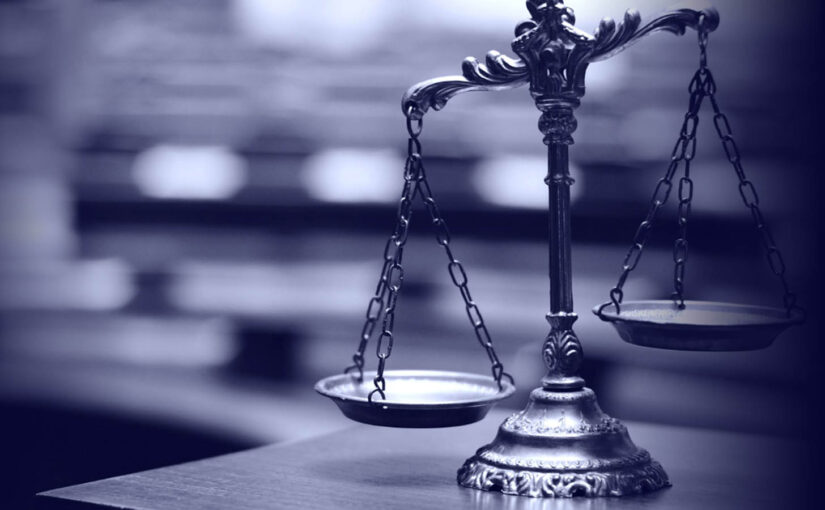
Legal Framework Surrounding Malafide Intentions in Criminal Proceedings The legal frameworks that govern criminal proceedings include specific statutes and case laws that address the issue of malafide intentions. Malafide, a term derived from Latin, means “bad faith” and is used to describe intentions or actions that are dishonest or lack integrity. Within the context of … Continue reading Analyze the role of “malafide intentions” in the petitioner or complainant as a ground for quashing criminal proceedings.
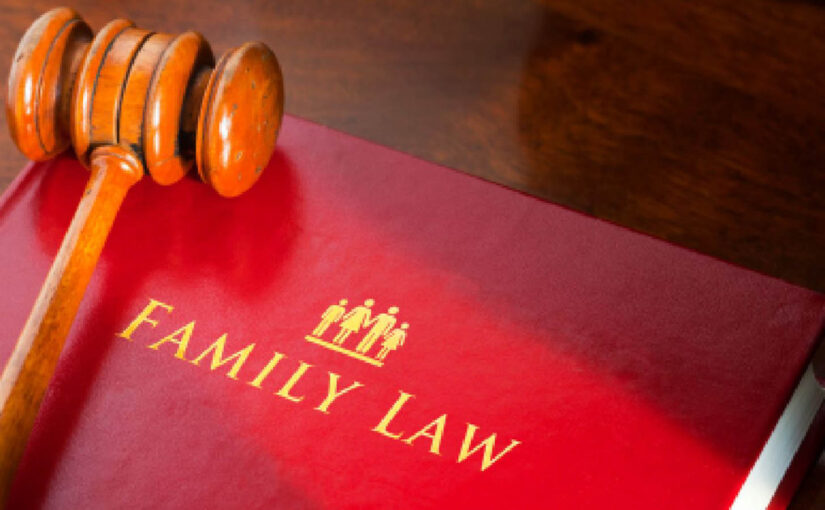
The Role of Section 482 in Safeguarding Individual Rights The Indian Penal Code and the Code of Criminal Procedure (CrPC) form the cornerstone of the criminal justice system in India. Within this framework, Section 482 of the CrPC plays a pivotal role in safeguarding the individual rights of citizens against the abuse of process or … Continue reading How do courts balance the interests of justice and the rights of the accused when deciding on quashing petitions?21. How do the principles laid down in the landmark judgment of *State of Haryana vs. Bhajan Lal* apply in the context of quashing FIRs under Section 482 of the CrPC?
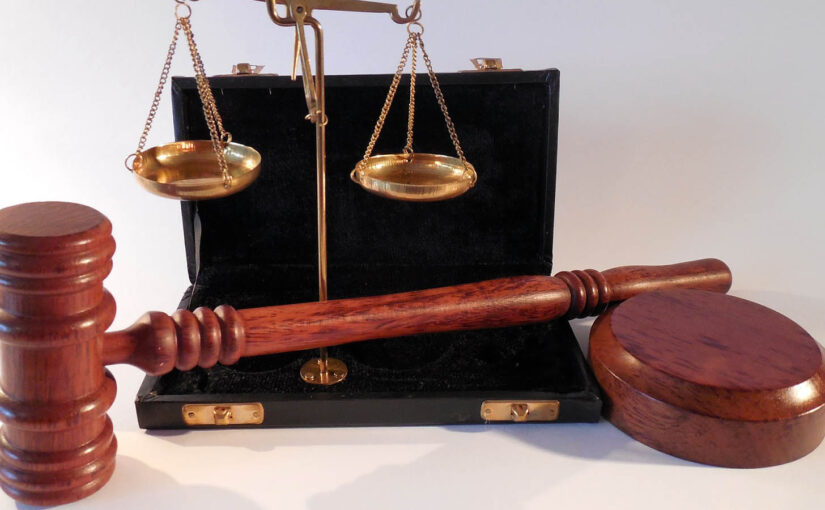
Understanding Section 173 CrPC: The Final Report The Code of Criminal Procedure, 1973 (CrPC) encompasses the procedural aspects for the administration of criminal justice in India. Section 173 of the CrPC outlines one of the critical stages in the criminal justice system, focusing on the final report prepared by a police officer following the completion … Continue reading What is the significance of the “final report” under Section 173 CrPC in the context of quashing proceedings?

Analyzing Evidentiary Insufficiency in Legal Proceedings Evidentiary insufficiency occurs when there is a lack of sufficient proof to meet the burden of evidence required in a legal proceeding. This insufficiency can be the result of various issues, which includes, but is not limited to: Lack of Direct Evidence: This is when there is no direct … Continue reading Examine the difference between quashing proceedings on the basis of evidentiary insufficiency versus legal impropriety.

Understanding Mens Rea in Criminal Law In criminal law, the concept of mens rea, which is Latin for “guilty mind,” plays a critical role in determining the culpability of an individual accused of committing a crime. Mens rea refers to the mental state and intention behind a person’s actions and is a key factor in … Continue reading Discuss the role of “mens rea” or the absence thereof in quashing proceedings for criminal cases.

Understanding Abuse of Process in Criminal Proceedings Abuse of process in criminal proceedings is a fundamental concept in justice systems that value the rule of law and fair trial rights. It refers to situations where legal procedures are misused by a party in a way that violates the defendant’s rights or the integrity of the … Continue reading How does the concept of “continuation of criminal proceedings would be an abuse of the process of the court” apply in quashing cases?

Understanding the Grounds for Quashing Criminal Proceedings When examining the concept of quashing criminal proceedings, it’s essential to recognize that this legal act is not taken lightly by the courts. The grounds for quashing are specifically outlined and must be met for a judge to consider terminating or voiding the charges or convictions against an … Continue reading Describe the procedural steps a petitioner must follow to seek the quashing of criminal proceedings under the CrPC.

Legal Consequences of Dismissing Criminal Charges When criminal charges are dismissed, the legal consequences vary depending on the reasons for the dismissal and the stage at which the case is in. Here are some implications: Record of Arrest: Even if charges are dismissed, the record of an individual’s arrest may still exist. This can have … Continue reading What are the implications of quashing criminal proceedings on ongoing trials and investigations?

Understanding the Principle of Parity in Legal Contexts The principle of parity in legal contexts is rooted in the notion that individuals who are similarly situated should be treated equally under the law. This concept underpins many judicial systems across the world, advocating for fairness and consistency in the application of legal rules and procedures. … Continue reading How does the principle of parity apply in the quashing of proceedings against co-accused in criminal cases?

Legal Framework Governing Quashing Petitions in Economic Offences The legal scaffolding for quashing petitions in the context of economic offences is primarily rooted in the provisions of the Code of Criminal Procedure, 1973 (CrPC) in India. Section 482 of the CrPC empowers the High Court to intervene in order to prevent abuse of the process … Continue reading Evaluate the criteria used by courts to determine the merit of a quashing petition in cases of economic offences.

Legal Remedies for Misuse of Process in Criminal Proceedings When an individual believes they have been victim to a misuse of process in criminal proceedings, there are several legal remedies available designed to protect their rights and ensure justice is served. The following is a non-exhaustive list of remedies that might be considered: Filing a … Continue reading Discuss how the misuse of legal processes can be a valid reason for quashing FIRs or chargesheets.

Defining ‘Inherent Lack of Jurisdiction’ In the realm of law, Inherent Lack of Jurisdiction refers to a fundamental defect in a court’s authority to hear a case, indicating the court does not possess the legal power to preside over, adjudicate, or pass judgment on a particular matter. Jurisdictional power is established by statutes and legal … Continue reading Explain the concept of “inherent lack of jurisdiction” as a ground for quashing criminal proceedings.
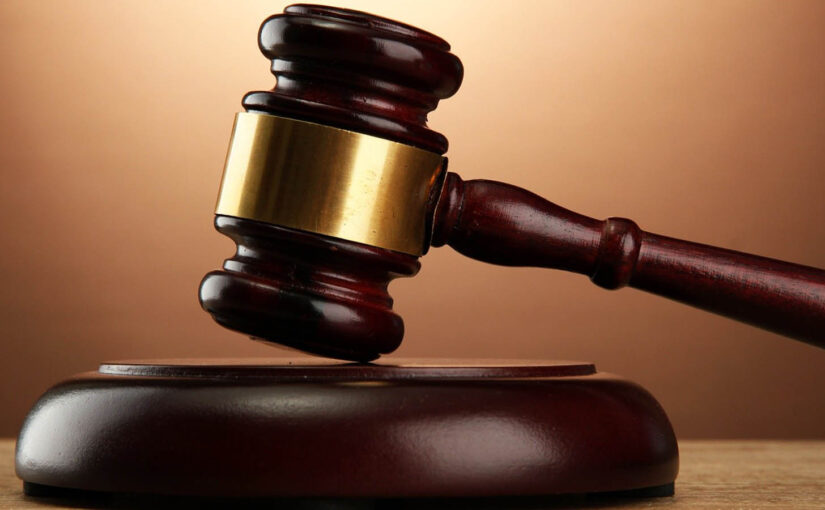
Judicial Framework Governing Quashing of Criminal Proceedings The power to quash criminal proceedings in India is primarily governed by Section 482 of the Criminal Procedure Code, 1973 (CrPC), which preserves the inherent powers of the High Courts. This legal provision is instrumental in ensuring that justice is administered effectively and that the misuse of the … Continue reading Discuss the limitations imposed by the Supreme Court on the quashing of criminal proceedings in matrimonial disputes.

Understanding Section 482 of the CrPC: Scope and Application Section 482 of the Criminal Procedure Code (CrPC) serves as a residual source of power for the High Courts in India to ensure the proper administration of justice. This section is not defined by a tight set of rules, but rather provides the High Courts with … Continue reading Compare the powers of quashing criminal proceedings under Section 482 of the CrPC with the powers of compoundable offences under Section 320.

Legal Framework for Settlement-Initiated Quashing of Charges The decision to quash criminal charges as a result of a settlement typically arises within a specific legal framework that enables parties to resolve disputes without the need for a full trial. Such a legal framework is designed with the intent to promote resolution and rehabilitation over punishment … Continue reading In what circumstances can a settlement between the parties lead to quashing of criminal proceedings?

The Principle of Natural Justice and Its Fundamental Tenets The principle of natural justice hinges on two foundational tenets that are universally recognized as critical for ensuring fairness and equity in legal proceedings. These tenets form the bedrock upon which the legitimacy of judicial and quasi-judicial decisions is assessed: Audi Alteram Partem: This Latin maxim … Continue reading Analyze the impact of quashing criminal proceedings on the principle of natural justice.

Definition and Significance of Locus Standi Locus standi, often referred to as standing to sue, is a fundamental legal principle that determines whether a party has the appropriate connection to and harm from the law or action challenged to support that party’s participation in the case. The concept serves several based objectives within the legal … Continue reading What role does the doctrine of locus standi play in the context of filing a quash petition?

Understanding the Principle of “Interference at the Initial Stage The principle of “Interference at the Initial Stage” refers to a legal doctrine that empowers certain parties to intervene in a legal proceeding early on, with the intention of preventing unnecessary litigation, protecting legal rights, or preserving the status quo. This proactive approach in the legal … Continue reading How does the principle of “interference at the initial stage” apply to quashing petitions in criminal cases?

Overview of Section 482 of the CrPC: Power of High Court Section 482 of the Criminal Procedure Code (CrPC) embodies the inherent powers of the High Courts in India. This provision is pivotal as it ensures that justice is served by allowing the High Court to act: to give effect to any order under the … Continue reading Discuss the jurisdiction of the High Court under Section 482 of the CrPC to quash criminal proceedings.

Legal Provisions for Quashing FIRs and Criminal Proceedings In the legal framework of many jurisdictions, certain provisions exist that allow for the quashing, or dismissal, of a First Information Report (FIR) and subsequent criminal proceedings. These provisions are designed to ensure that justice is not only done but also seen to be done, and to … Continue reading Explain the grounds on which a High Court can exercise its powers to quash FIRs or criminal proceedings.

The Legal Framework of Quashing in Criminal Proceedings The process of quashing in criminal proceedings is governed by a complex legal framework that is integral to the administration of justice. This framework is designed to uphold the principles of fairness and justice by enabling courts to set aside certain decisions or orders if they are … Continue reading Define the term “quashing” in the context of criminal proceedings under the CrPC.

In Sector 8 Chandigarh, there is a growing demand for quashing lawyers who specialize in handling cases related to quashing of FIRs, quashing of chargesheets, and quashing of criminal proceedings. These lawyers play a crucial role in the legal system by helping individuals navigate through the complexities of the law and ensuring justice is served. … Continue reading Quashing Lawyers in Sector 8 Chandigarh

Quashing lawyers in Sector 7, Chandigarh play a vital role in the legal system, providing their expertise and services to individuals facing legal challenges. Whether it’s a civil matter, a criminal case, or a dispute that needs resolution, quashing lawyers are equipped to handle a wide range of legal issues. What is quashing? Quashing refers … Continue reading Quashing Lawyers in Sector 7 Chandigarh

Quashing Lawyers in Sector 9 Chandigarh Are you in need of legal assistance to quash a case in Sector 9, Chandigarh? Look no further! In this article, we will delve into the significance of quashing lawyers and the services they provide in this specific region. With their expertise and knowledge of the law, these professionals … Continue reading Quashing Lawyers in Sector 9 Chandigarh

Are you in need of legal advice or representation in Sector 6 Chandigarh? Look no further than the highly skilled and reputable Quashing Lawyers in this area. With their expertise and dedication to their clients, they can assist you in navigating the complex legal system and achieving the best possible outcome for your case. What … Continue reading Quashing Lawyers in Sector 6 Chandigarh
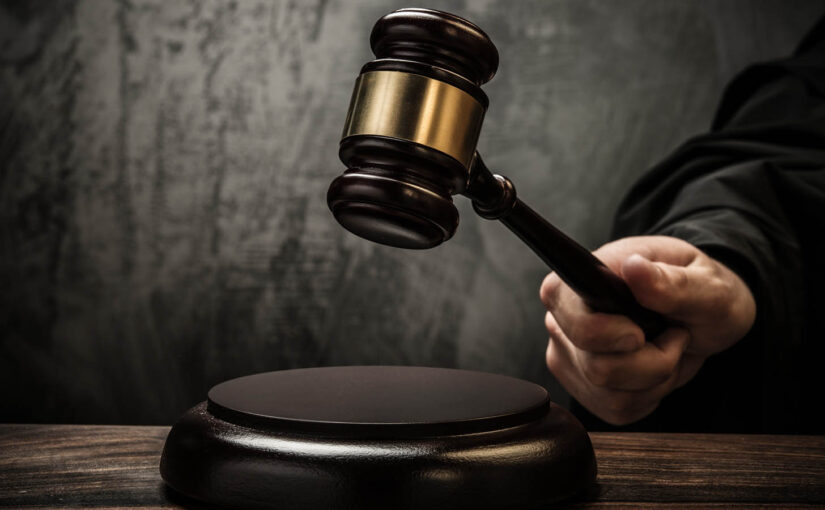
Quashing Lawyers in Sector 49 Chandigarh are legal professionals who specialize in quashing petitions. Quashing petitions, also known as quashing of FIR (First Information Report), are legal applications filed to the High Court or Supreme Court seeking the cancellation or annulment of a criminal complaint. Quashing Lawyers possess extensive knowledge and experience in criminal law … Continue reading Quashing Lawyers in Sector 49 Chandigarh

In Sector 5, Chandigarh, there are several talented and experienced lawyers who specialize in quashing cases. Quashing is a legal term that refers to the process of setting aside or nullifying a legal proceeding or decision. It is a complex legal procedure that requires expertise and knowledge of the law. Quashing Lawyers in Sector 5 … Continue reading Quashing Lawyers in Sector 5 Chandigarh
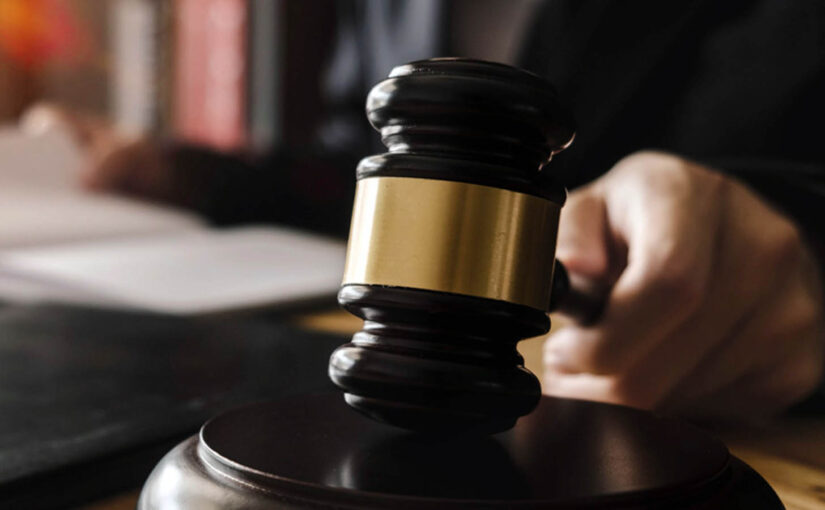
Quashing Lawyers in Sector 48 Chandigarh Quashing lawyers in Sector 48 Chandigarh are legal professionals who specialize in quashing petitions and represent clients in the High Court of Punjab and Haryana. Quashing a case refers to the process of declaring a case null and void, thereby preventing further legal proceedings against the accused. Why Quashing? … Continue reading Quashing Lawyers in Sector 48 Chandigarh
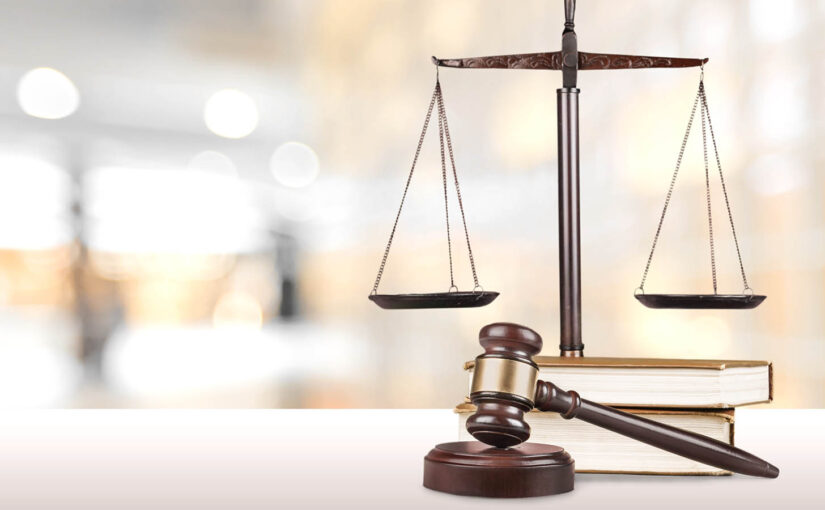
Quashing Lawyers in Sector 51 Chandigarh: Fighting for Justice When it comes to legal matters, having a reliable and competent lawyer by your side is crucial. In Sector 51 Chandigarh, there is a group of dedicated and skilled quashing lawyers who specialize in providing top-notch legal services to their clients. These lawyers are known for … Continue reading Quashing Lawyers in Sector 51 Chandigarh

Quashing Lawyers in Sector 50 Chandigarh Are you facing legal troubles in Sector 50 Chandigarh? Do you need expert advice to quash a case filed against you? Look no further! The quashing lawyers in Sector 50 Chandigarh are here to assist you every step of the way. What is Quashing? Quashing is a legal term … Continue reading Quashing Lawyers in Sector 50 Chandigarh

Quashing Lawyers in Sector 56 Chandigarh Have you found yourself in a legal predicament and need expert advice to navigate through the complexities of the Indian legal system? Look no further than the skilled and experienced quashing lawyers in Sector 56 Chandigarh. These legal professionals specialize in quashing petitions, a legal remedy that can save … Continue reading Quashing Lawyers in Sector 56 Chandigarh

Quashing Lawyers in Sector 52 Chandigarh: Providing Legal Expertise for Effective Quashing of Cases Quashing lawyers in Sector 52 Chandigarh are committed to providing exceptional legal expertise in order to help individuals successfully quash their cases. With years of experience and a deep understanding of the legal system, these lawyers offer their clients the best … Continue reading Quashing Lawyers in Sector 52 Chandigarh









































